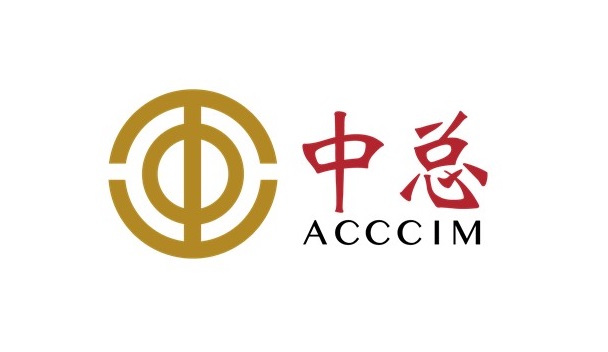ACCCIM’S PRESS RELEASE ON THE RELEASE OF ACCCIM MALAYSIA’S BUSINESS AND ECONOMIC CONDITIONS SURVEY (M-BECS) REPORT (2H 2023 AND 1H 2024F)

The Associated Chinese Chambers of Commerce and Industry of Malaysia (ACCCIM) released its Bi-annual “Malaysia’s Business and Economic Conditions Survey (M-BECS)” for the period of July-December 2023 (2H 2023) and expectations for January-June 2024 (1H 2024).
The survey was conducted during the period between 6 November 2023 and 5 January 2024, and has received a total of 684 responses, of which micro, small and medium enterprises (MSMEs) making up 91.5% of total respondents.
Key Summary of the M-BECS Findings
The survey results broadly corroborate with the uneven global growth and slower domestic economic conditions in 2023. The Malaysian economy has slowed to an estimated 3.8% growth in 2023 from 8.7% in 2022, dragged by a prolonged period of exports decline while domestic demand has slowed.
Businesses have a neutral view (leaning towards unfavourable) about the economy and cautious stance about business conditions in 2023. Higher percentage of respondents expect better economic and business prospects in 2H 2024 compared to 1H 2024.
(a) In 2H 2023, most respondents have expressed a “less favourable” view on the economy (58.9% “neutral” and 29.5% “worse”). For the year 2023 as a whole, more than half of respondents (57.0%) held a “neutral” view on the economy in 2023, and 27.5% were pessimistic.
(b) In 2024, in anticipation of a gradual recovery in external demand, more than one-third of respondents (37.3%) expect “better” economic prospects though 45.1% still having a “neutral” view. Higher percentage of respondents expect “better” economic outlook in 2H 2024 compared to 28.2% of total respondents in 1H 2024.
(c) By sector, more than one-third of respondents indicated worse performance in the tourism-related sector (38.3%), manufacturing (36.4%), as well as wholesale and retail trade (34.6%) in 2H 2023. Most sectors are cautiously optimistic about their business conditions in 2024, especially in the second half of the year.
(d) Businesses’ cautious stance about business conditions in 2023 will improve to a slightly positive outlook in 2024. Close to 40% of respondents have positive views on business prospects in 2024 compared to only 17.6% in 2023. Nevertheless, still higher percentage of respondents (43.6% in 2024 vs. 56.1% in 2023) having a “neutral” view. In tandem with the economic outlook, higher percentage of businesses see better business conditions in 2H 2024 (40.1% vs. 28.9% in 1H 2024). It is encouraging to note that nearly two-thirds of respondents have increased their capital expenditure in 2H 2023 and will continue to invest further in 1H 2024.
(e) A majority of the respondents have indicated “neutral” cash flow and debtor’s conditions in 2H 2023. This cautious view is likely to continue into 1H 2024 amid increasing cost of doing business, inflation risk, and cost of living pressure for the households.
(f) “The Ringgit’s fluctuation” (51.8%) tops the list of factors that have adversely impacted respondents’ business performance in 2H 2023, followed by “Increase in prices of raw materials” (45.0%); “High operating cost and cash flow problem” (38.6%); “Declining business and consumer sentiment” (35.8%); and “Lower domestic demand” (35.1%).
(g) Over 70% of respondents indicated an increase in cost of domestic and imported raw materials in 2H 2023 and 1H 2024.
In this survey, we have asked the respondents to indicate their business concerns and what should be the Government’s priorities. Top three business concerns are (1) Reduced consumer purchasing power (as voted by 91.9% of total respondents); (2) Persistent cost pressures (90.6%); and (3) Persistently weakening Ringgit (90.3%). 52.7% of respondents have countered the Ringgit’s depreciation either through absorbing increased costs or adjusting higher selling prices.
Most respondents indicated that the Government’s top priorities are to stabilise the Ringgit (58.0%), ease the cost of doing business (52.0%), and provide clarity and consistency in business-friendly policies (41.1%).
When asked about the voluntary participation in the Progressive Wage Model (PWM), 77.4% of the respondents are concerned that its implementation would drive up employment cost though wage financial assistance will be provided for micro, small and medium enterprises (MSMEs). On the implementation of e-invoicing, businesses cited concerns regarding the complexity of implementation and potential penalties associated with errors.



